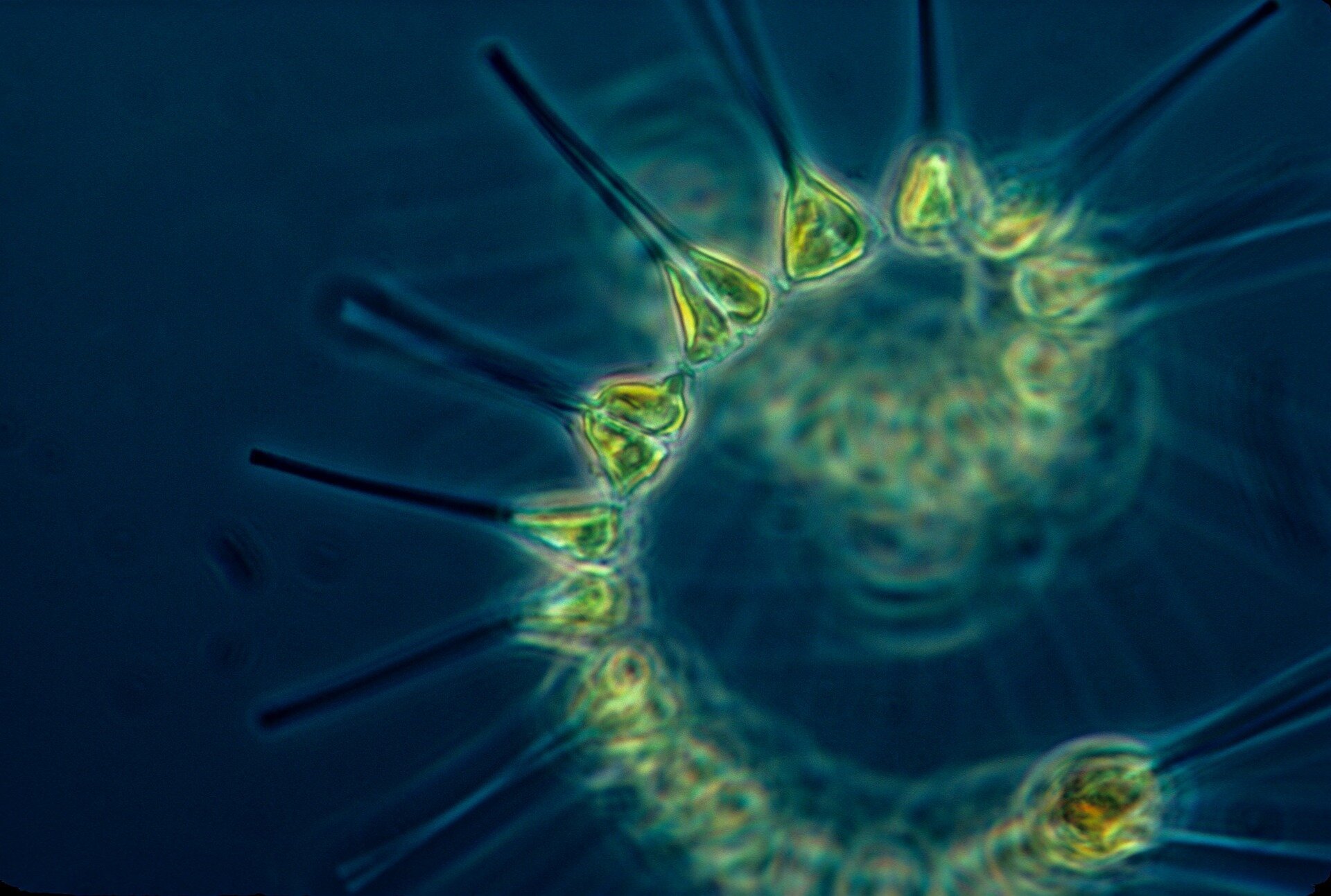- cross-posted to:
- [email protected]
- cross-posted to:
- [email protected]
Phytoplankton—microscopic plant-like organisms—are the foundation of the marine food web, sustaining everything from tiny fish to multi-ton whales while also playing a critical role in removing carbon dioxide from the atmosphere.
Accurately monitoring Earth’s phytoplankton is essential, especially when it comes to understanding the effects of global warming or possible carbon-removal initiatives. The ability to track phytoplankton has largely depended on space satellites observing the sea surface. Yet, phytoplankton can grow below the surface where satellites cannot detect them, leaving a significant gap in how we monitor one of Earth’s most important primary producers, which are organisms that carry out photosynthesis and form the base of the food web.
Researchers at Dalhousie University are changing that with the help of a growing global network of underwater robots known as Biogeochemical-Argo floats. These devices travel below the ocean’s surface and measure phytoplankton where satellites cannot. As part of the BGC-Argo program, the floats are deployed across the globe in an international effort to monitor the ocean’s biology, geology and chemistry.


